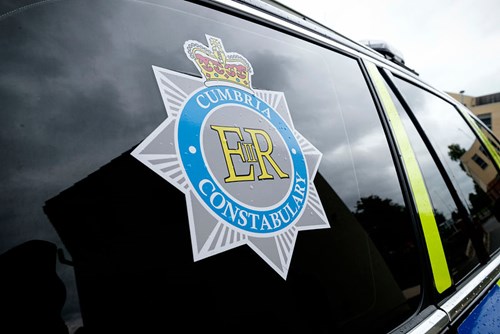Traffic officer cuts linked to failure to reduce road deaths over past decade
17 January 2022

Cuts to the number of dedicated traffic officers has been linked to a failure to reduce road deaths in the past decade, a new investigation has found.
According to figures from BBC Panorama, the number of police officers tasked with enforcing road laws has dropped by 15% since 2016.
Figures from 34 forces who responded to a Freedom of Information request showed the total number of dedicated traffic officers fell from 5,014 in 2016 to 4,257 currently.
Meanwhile, the number of people killed on the roads each year remained stable between 2010 and 2019, after going down for three decades.
Paul Williams, Chair of Cumbria Police Federation, said this was “a prime example of policing cuts having consequences”.
Paul said: “Roads policing is essential in keeping the road network safe and it’s of no coincidence that a rise in fatal collisions will form part of the fallout of roads policing cuts.
“Roads policing is a specialist skill that requires extra training and for good reason. Lumps of heavy metal moving at high speed cause some of the most violent and horrific injuries and deaths and cutting the resources that keep the roads safe has been a serious and sad reality of the lack of commitment Government has devoted to policing over the last decade.
“Roads that are not policed will tempt certain road users to push and go beyond set boundaries, to have that extra drink or consume drugs and drive, to drive beyond their capability and to use the road network for cross border crime.
“I have worked with roads policing units and I know how effective they can be. A serious collision doesn’t just need a response, it needs fast and effective attendance, preservation of the scene for effective investigation and more importantly making the area safe for other road users as fast as possible.
“Unfortunately a decade of making something wrong will take a long time to make right. Police forces work incredibly hard to do what they can with what resources they have but need some help and commitment from Government in delivering.”
The Panorama investigation also found that nearly 50% of fixed speed cameras do not work.
In response to a separate FoI request, 26 forces said that 523 of a total of 1,110 fixed speed cameras were inactive.
In some areas, including North Yorkshire, Durham and Northamptonshire, no cameras were active.
See more here: https://www.standard.co.uk/news/uk/king-bbc-northamptonshire-panorama-durham-b977026.html



















